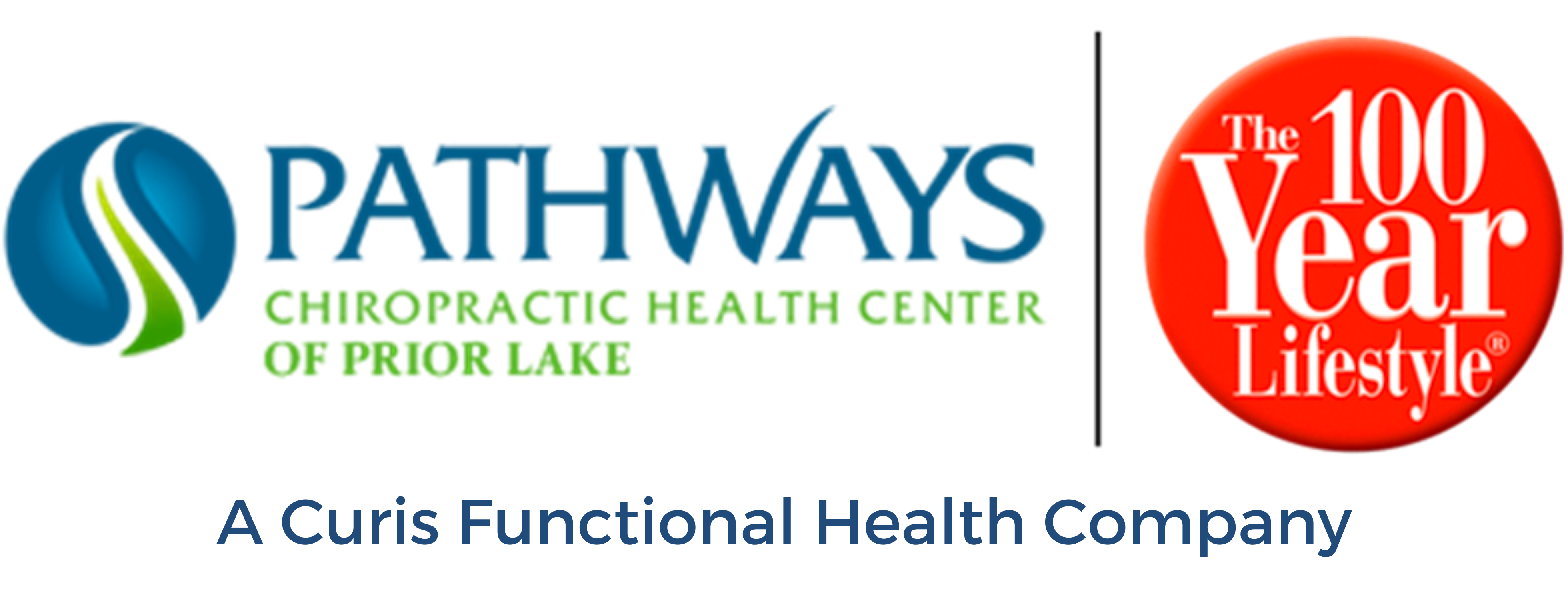https://the100yearlifestyle.com/wp-content/uploads/2023/09/No-Escaping.mp3
To be clear, there’s really no escaping the decrease in nutritional value of our food supply that we outline in Overfed But Undernourished. Everything that is grown in soil, or eats foods grown in soil, is affected. A 2020 study presented findings that the protein content in wheat had decreased by 23% from 1955 to 2016. The study found that additional reductions included zinc, magnesium, and manganese. Nothing on your plate, no matter how healthy, is as nutritious as it used to be – or as you might think it is.
Hidden Hunger
However, the findings about grains are most impactful for individuals who are often food insecure to begin with, particularly those whose diet is grain heavy – whether it be rice or wheat. Not only is this an issue here in America, but around the globe. According to the Global Alliance for Improved Nutrition, 1 in 2 people are likely experiencing hidden hunger or a lack of essential vitamins and minerals. That means that in this age of “most vulnerable people,” half of the global population has an immune system with diminished capacity.
Root of the Problem
The root of this problem of nutrient depletion lies in our soil. Modern agricultural processes have been designed to increase crop yields, but at the cost of soil health. Irrigation practices, chemical fertilization and pesticide products, and harvesting methods have deviated from traditional, non-toxic methods of farming.
Each of these changes that came about because current conventional farming has led to depleted soil. But healthier soil is the key to a healthier food supply.
Not only do we need to encourage more farmers to use traditional organic farming methods, but we also need to get a handle on how we’re polluting the planet in other ways. A study presented in Environmental Health Perspectives estimates that by the year 2050, the protein content of potatoes, rice, wheat, and barley is likely to decrease another 6 to 14%. For some countries, that means losing as much as 5% of their dietary protein.
So, how do you maximize the nutritional density of what you feed your family? Insist on organic and/or biodynamically grown produce and grains. Farmers who are using traditional organic methods of farming alternate fields between growing seasons, giving the land time to restore and regenerate. They utilize cover crops and use no-till methods with the soil. They don’t use commercial pesticides and fertilizers, many of which are known to create a myriad of health problems including cancer. In short, organic farmers want you to feed your family what they want to feed their family.
Caring about how your food is grown and voting with every purchase you make in the grocery store sends a message that we need to stop doing greater damage to our soil and regenerate currently degraded farmlands – and that the health of people and planet matters.
You Call This a Tomato?
Another seemingly lesser problem but valid nonetheless is the issue of taste. Anything grown in depleted soil just won’t taste the same as its organic counterparts. It’s hard enough to get kids to eat their veggies, let alone when their veggies taste like cardboard.
Don’t worry. There is a solution, and you have options. Tasty options at that! We’ll continue this series of articles next week. Stay tuned for truly life changing information.
The post No Escaping appeared first on The 100 Year Lifestyle.

